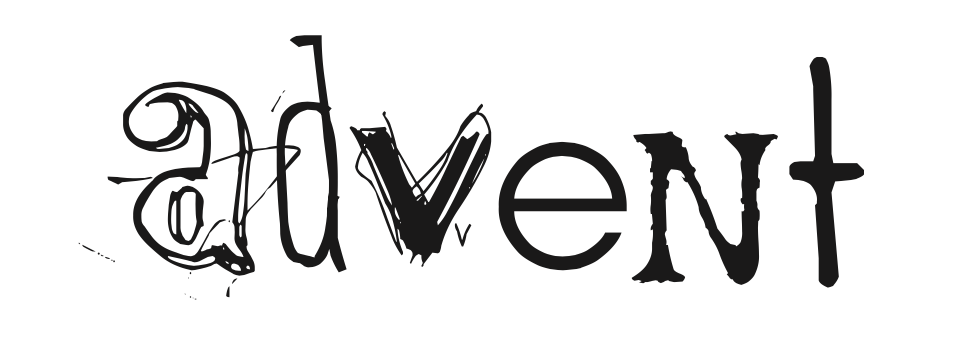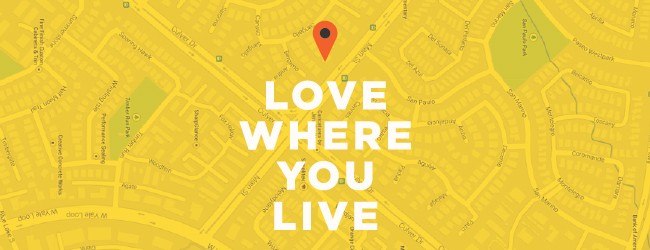Lean In // 5 minutes
What’s your favorite time waster?
Sample answers may include…
- Watching TV or a movie
- Social media- Facebook, Instagram, etc.
- Surfing the internet—ESPN, Pinterest, etc.
- Playing video games or phone games
- Napping
Look Down // 10 minutes
Read Exodus 18:5-12
Leader note: Read Exodus 18:5-12 and then pause before reading the rest of the passage. Exodus 18:13-27 will be the focus of the discussion. The first part of Exodus 18 provides some context for the story of Moses and Jethro and the second part is Jethro’s advice to Moses.
Read Exodus 18:13-27
What motivated Moses to work so hard?
Sample answers may include…
- Called by God: “…the people come to me to seek God’s will…”
- He’s God’s mediator: “…I decide…and teach them God’s [ways]…”
- Feels responsible for the people’s well being: “…show them [how] to live and behave…”
- Fulfilling a big need: “…You must be the people’s representative before God…”
- Possibly believes he’s the only one capable
- Concerned it could fall apart if he stops
- Doesn’t see another way: “…[Jethro replied] What you are doing is not good…”
Commentary: The point is that Moses had some great reasons and not-so-great reasons for his workload and pace.
Why does Jethro say, “What you are doing is not good?”
Sample answers may include…
- The workload and pace is unsustainable
- Moses is wearing himself and others out
- The work is too heavy to do alone
- Moses’ work is important but the strategy was not effective
- Moses wasn’t prioritizing his strength
Commentary: Remember, the nation of Israel that Moses led was roughly 2 million people. So, Moses’ strategy was not only unsustainable but was also not effective, which makes Jethro’s advice even more important.
Look Out // 10 minutes
What energizes people?
Sample answers may include…
- Being creative
- Pursuing dreams
- Connecting with family and friends
- Achieving goals
- Feeling a sense of purpose
- Playing
And, what overwhelms people?
Sample answers may include…
- Having too much to do
- Not enough time
- Always saying “yes”
- Doing things alone
- Not doing what’s important to them
- Thinking, “Who else will do it?”
- Not delegating
Leader note: The goal of this Look Out question is to set up the following Look In question. Usually, we are energized when we have healthy priorities and overwhelmed when priorities get left out in life. Help your group to really think about the things that energize and overwhelm people.
Look In // 15 minutes
What are the big “rocks” or priorities in your life?
Leader note: In Pastor Kenton’s message, he referred to an illustration by Stephen Covey in his book, The 7 Habits of Highly Effective People. The illustration identified the big priorities or “rocks” in life such as: God/Faith, Family, Marriage, Health, Rest, Work, Finances, Friends, etc., and what it looks like to place them first. Help your group identify what is important in their life or what they want to make a priority. It may be helpful to have group members write them out so they can visualize them.
What does it look like when you lose sight of your priorities?
Leader note: Remember, it’s not about fitting more into your life but rather it’s about putting the big rocks in first.
Who is a Jethro in your life?
Leader note: Who is a person or persons that has the ability to speak into your life? As a leader, take time to ask the group who is their Jethro and if they don’t have one then what steps could they take.
Live It Out // 5 minutes
What if you lived life by putting the big “rocks” first? How would your life be different? Who else could it impact?
Leader note: As you ask this question, go around the group and have them list one step they could take to put a big “rock” first. For an experiment, follow up with the group to see how life was different because they took that step.
Key Verse(s): If you do this and God so commands, you will be able to stand the strain, and all these people will go home satisfied. – Exodus 18:23
Teach us to number our days, that we may gain a heart of wisdom. –Psalm 90:12
Key Thought: Without priorities, everything is a priority.
Click here for Life Group Serve Opportunities
Learn More About Flow Questions: Check out Kenton Beshore’s book Ask in the Irvine Campus Bookstore for more on the Flow Question model.
 There are no flow questions for this week. We encourage your Life Group to use our five week Advent study which is is available in the bookstore now.
There are no flow questions for this week. We encourage your Life Group to use our five week Advent study which is is available in the bookstore now.